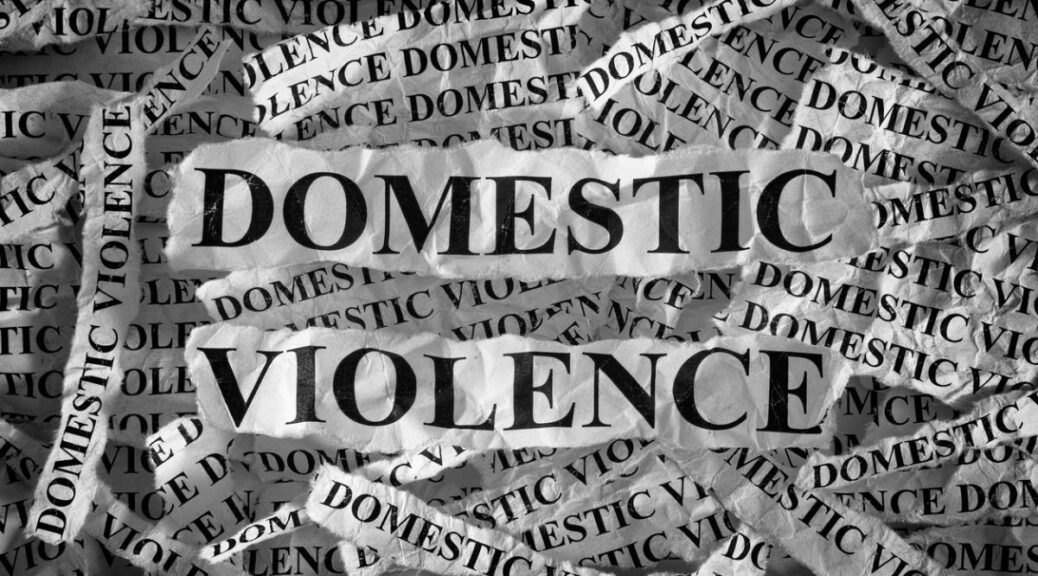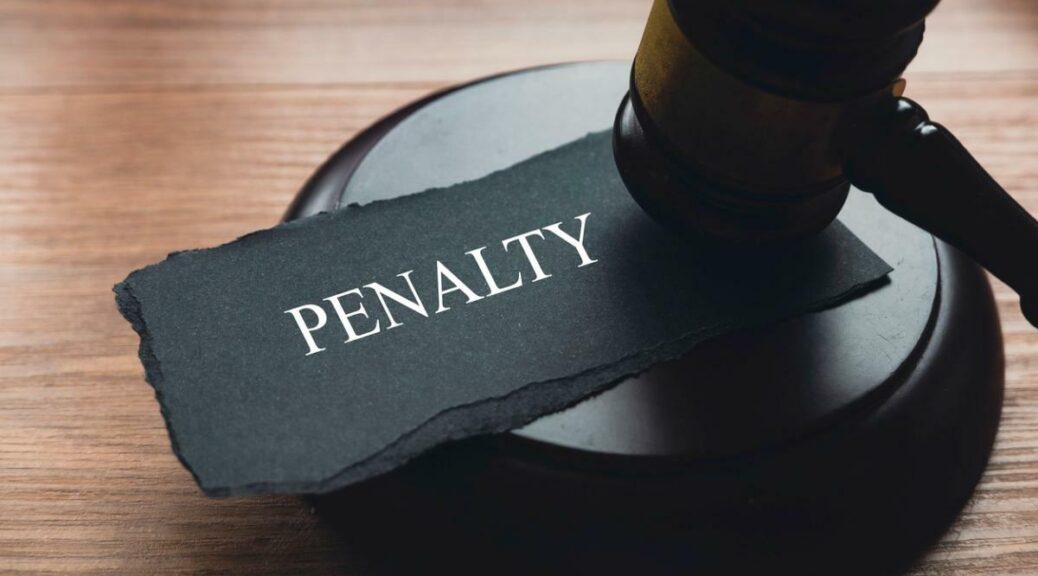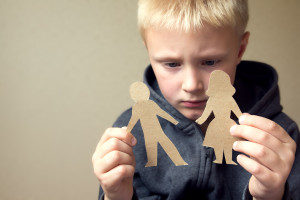Domestic violence is a serious issue that affects many individuals and families across California. If you are facing threats, harassment, or violence at the hands of a partner, family member, or someone close to you, understanding your rights is crucial. One of the most effective tools available for protection is a Domestic Violence Restraining Order (DVRO). But can you obtain one in any type of relationship?
Certified California Family Law Specialist Judy Burger clarifies what constitutes domestic violence under California law, discuss the types of relationships eligible for DVROs, and explains how she can assist you throughout this process.
Understanding Domestic Violence Under California Law
Domestic violence is defined under California Family Code § 6203 as abuse against an intimate partner. Abusive behavior can take many forms, including:
- Physical Abuse: Any act of violence or threats of violence (hitting, slapping, pushing, etc.).
- Emotional Abuse: Activities that provoke fear, isolation, or mental harm (intimidation, threats, or controlling behavior).
- Financial Abuse: Controlling someone’s access to financial resources, thus creating economic dependence.
- Sexual Abuse: Unwanted sexual acts or exploitation, including coerced sex.
California recognizes the importance of protecting individuals from such harm, and the law provides several avenues for victims to seek safety and justice. A Domestic Violence Restraining Order serves as a legal barrier, preventing the abuser from contacting or coming near the victim.
Who Can File for a DVRO?
California law outlines several types of relationships where a DVRO can be requested. Understanding these relationships is essential for anyone considering legal action:
- Intimate Partners: This includes individuals who have been in a dating relationship. It does not matter if the relationship is ongoing or has ended; if there is a history of intimacy, you may seek a DVRO.
- Married Couples: Current and former spouses are eligible to file for a DVRO. The law also extends protection to those in domestic partnerships.
- Family Members: If you share familial ties, such as parents and children, siblings, or in-laws, you can pursue a DVRO. This applies regardless of whether you live together.
- Cohabitants: Individuals who live together or have lived together in the past (even if they are not in a romantic relationship) can file for a DVRO as long as there is evidence of abuse.
- Individuals with Children Together: If you have a child with another person, this relationship grants you the right to apply for a DVRO, regardless of your current relationship status.
How Judy L. Burger Can Help
Navigating the complexities of domestic violence cases can be overwhelming, especially for those dealing with trauma. Certified California Family Law Specialist Judy L. Burger possesses extensive experience in family law and domestic violence cases. Here’s how she can assist:
- Legal Guidance: Judy will provide expert legal advice on whether you qualify for a DVRO based on your specific circumstances, explaining your rights and the details of the process.
- Preparation of Legal Documents: Filing a DVRO entails submitting various legal documents. Judy will ensure all paperwork is meticulously prepared and submitted in a timely manner.
- Representation in Court: If your case requires a court appearance, Judy is prepared to represent you with skill and compassion, advocating for your rights and safety.
- Support and Resources: Beyond legal advocacy, Judy can help connect you with local resources, including shelters, counseling services, and support groups for domestic violence survivors.
- Follow-up and Enforcement: Obtaining a DVRO is just the first step. Judy can assist in ensuring the order is enforced and modifying it as needed in any future legal proceedings.
You can also get immediate assistance by calling the National Domestic Violence Hotline at 1-800-799-7233.
Frequently Asked Questions About DVROs
What is the difference between a temporary and a permanent DVRO?
A temporary DVRO is typically issued quickly, often at the first court appearance, to provide immediate protection. A permanent DVRO, on the other hand, requires a full hearing where both parties present evidence, and can last up to five years with the option for renewal.
How long does it take to get a DVRO?
The process can vary, but temporary DVROs can often be granted the same day they are filed. A full hearing for a permanent DVRO usually occurs within 3 weeks after the temporary order is issued.
What evidence do I need to present for a DVRO?
Evidence can include police reports, medical records, photographs of injuries, text messages, or any documentation showing a history of abuse or threats.
Can I get a DVRO against a roommate or friend?
Yes, if you have lived together or have a relationship that qualifies under California law, you can file for a DVRO, provided there is evidence of abuse.
What happens if the abuser violates the DVRO?
If the abuser violates the conditions of the DVRO, you should contact the police immediately. Violating a restraining order is a criminal offense, and legal consequences can ensue.
Get Help Filing for a Domestic Violence Restraining Order
If you find yourself in a situation involving domestic violence, understanding your rights and options is crucial. A Domestic Violence Restraining Order can provide the necessary protection and serve as a vital step toward gaining control over your life. Certified California Family Law Specialist Judy L. Burger is here to guide you through this challenging process with compassion and expertise. Remember, you don’t have to face this alone—support and protection are available.







 When someone files a credible report regarding a child in danger, an investigation must be conducted by either a social worker or the police. They will decide if the child appears to be in imminent danger and whether it is necessary to remove the child from his or her home.
Police or the social workers may decide that a child should be placed in temporary foster care for his or her safety if they believe the child was neglected, molested, or abused. The child may be sent to live with a relative, to the other legal parent if the parents do not live together, or to a foster home or shelter.
Once a child is removed from the home, social services should conduct a deeper investigation about the home environment, the parent or other caretakers, and the child. After an investigation, social services will make recommendations regarding what action they consider to be best for the child’s safety and personal wellbeing. They may recommend filing a petition in court to have a child declared “dependent.”
If you believe you have been wrongfully targeted by social services and need someone on your side to fight for you and your child, seek the help of an experienced family law attorney as soon as possible. A delay could be used against you by social services later.
At the
When someone files a credible report regarding a child in danger, an investigation must be conducted by either a social worker or the police. They will decide if the child appears to be in imminent danger and whether it is necessary to remove the child from his or her home.
Police or the social workers may decide that a child should be placed in temporary foster care for his or her safety if they believe the child was neglected, molested, or abused. The child may be sent to live with a relative, to the other legal parent if the parents do not live together, or to a foster home or shelter.
Once a child is removed from the home, social services should conduct a deeper investigation about the home environment, the parent or other caretakers, and the child. After an investigation, social services will make recommendations regarding what action they consider to be best for the child’s safety and personal wellbeing. They may recommend filing a petition in court to have a child declared “dependent.”
If you believe you have been wrongfully targeted by social services and need someone on your side to fight for you and your child, seek the help of an experienced family law attorney as soon as possible. A delay could be used against you by social services later.
At the